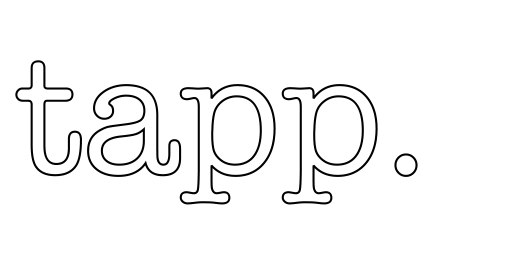Sensor Discovery Tour – Amsterdam, 25 June 2025
Rethinking the Smart City, One Sensor at a Time
👣 What Was the Tour About?
As cities grow smarter, a hidden digital infrastructure quietly shapes how we move, interact, and feel secure (or concerned). Sensors — from traffic cameras to air quality monitors — silently collect and share data all around us. But how visible is this technology to the people who live among it?
At Leidseplein, one of Amsterdam’s busiest public squares, this immersive walking tour invited visitors to uncover the silent digital layer of urban life. Guided by civic tech pioneers and sensor policy experts, participants explored real-world devices embedded in the streetscape:
- What are they measuring?
- Who owns the data?
- How do these systems balance public benefit with personal privacy?
This was more than just a walk.
It was the second in a trilogy of prototype tours for a future City TranspARency app — encouraging us all to see the urban environment as both physical and digital, and to take part in a vital conversation about openness, accountability, and ethics in smart cities.
Visitors used a mobile AR app to follow a route, scan real sensor locations, and unlock stories behind each device.
Observe. Question. Discover.
Your city is smarter than you think — and it’s time to make it more transparent
Recap of the 3-Part Experience
🔹 Part 1: "Follow the Arrow!"
At 16:00, we met at the iconic green hands monument in Leidseplein. Using the Wintor app, we followed an Augmented Reality route highlighting sensors in their natural setting.
Download Wintor here to take your own self-guided AR tour:
👉 https://wintor.app/?t=f778c8e4-6560-4cfd-aa95-7dace8c2cd49
🔹 Part 2: "Spot Your Own Sensors!"
Participants split into small groups using the EpiCollect5 app to find and register new sensors — or any “unidentified hanging objects” spotted around the city.
Snap a photo, answer a few quick questions (what is it, who owns it, what does it do), and contribute to a growing, open dataset of urban sensing devices.
🔹 Part 3: "Mapping the Objects"
We wrapped up with drinks and a group discussion at Café-Restaurant De Balie. Together, we reflected on what we found, and asked deeper questions about digital transparency, privacy, and the evolving role of tech in public space.
Both apps are free, require no login or personal data, and work on most smartphones.
Explore the Data We Collected
See the live, crowd-sourced map of sensors and urban devices around Leidseplein:
👉 View Sensor Data on EpiCollect5
Share Your Thoughts – 3 Burning Questions
🔥 Help shape the next steps of the City TranspARency app.
We’re especially interested in your thoughts on using AR and mobile tools to register sensors and promote digital openness.
✍️ Take 2–3 minutes to answer 3 quick questions:
Your feedback directly informs the tools we build — and the conversations we have.
About Civic Interaction Design: Civic Interaction Design is an interdisciplinary research group at the Amsterdam University of Applied Sciences. Through close collaboration with students, designers, technologists, policymakers, governments, researchers, and citizens, they explore how design and technology can enrich civic life. Their mission is to foster meaningful public interactions that promote collective well-being and democratic participation in a rapidly digitizing society. More info, please visit: https://civicinteractiondesign.com




